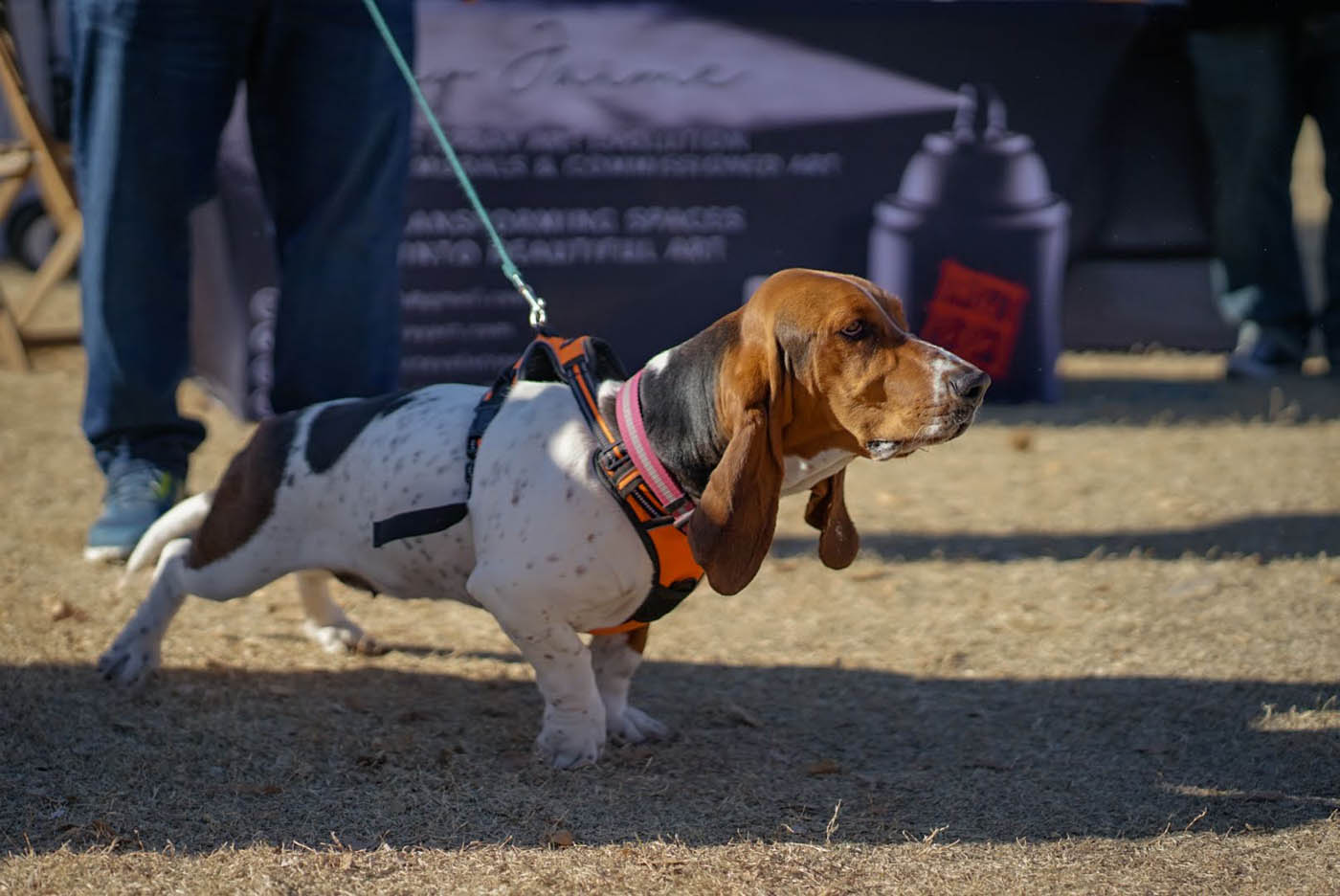Exploring Alternatives for Dog Training Charlotte: What You Need to Know
Exploring Alternatives for Dog Training Charlotte: What You Need to Know
Blog Article
Vital Dog Training Tips for a Confident and mannerly Pet
Effective pet dog training is an essential facet of fostering a well-behaved and confident family pet. Establishing a regular routine, using positive reinforcement strategies, and prioritizing very early socializing are key aspects that contribute to a pet's overall actions and temperament.
Develop a Regular Routine
Establishing a regular regimen is crucial for efficient pet dog training. A well-structured timetable supplies pets with a complacency and predictability, which can substantially enhance their knowing process. By setting certain times for training sessions, feeding, walks, and play, you develop a structure within which your pet can thrive.

In addition, a routine aids in attending to behavioral problems. When a dog understands when and where to expect different activities, it reduces anxiousness and promotes a tranquil personality. Regular workout and mental excitement must also be included in the routine, as they are important for a dog's well-being.
Use Favorable Reinforcement
Positive support is a crucial part of effective canine training, fostering a solid bond in between the trainer and the pet while encouraging preferred behaviors. This training approach involves satisfying your canine with treats, praise, or play immediately after they do a preferred action, such as resting or coming when called. The basic principle is that actions adhered to by favorable outcomes are likely to be repeated.
Incentives should be given without delay to help your pet dog make the link in between the behavior and the benefit. If you reward your pet for sitting, ensure you utilize the very same spoken cue each time.
Furthermore, vary the incentives to maintain your pet dog engaged. Ultimately, favorable support advertises a cheerful training experience, resulting in a well-behaved dog and a more powerful connection between the pet and owner.

Socialize Your Pet Early
A canine's capacity to adjust to different settings and circumstances often hinges on early socializing. This crucial developing phase usually occurs in between 3 and fourteen weeks of age, throughout which young puppies are particularly receptive to brand-new experiences. By revealing your pet dog to diverse people, pet dogs, sounds, and settings during this moment, you can help promote a well-adjusted and certain grownup.
Socializing helps avoid behavioral problems such as concern, aggressiveness, and extreme barking. When a pet dog is accustomed to various stimulations, it is much less likely to react negatively out of worry or uncertainty. Involving with various other pets in regulated setups, such as pup courses or playdates, can also instruct important communication skills and proper play actions.
Additionally, introducing your pet to different environments-- like parks, busy roads, and pet-friendly stores-- can enhance its comfort and adaptability in new scenarios. Constantly ensure that these experiences are risk-free and enjoyable, and monitor your pet's reactions to guide more communications.
Instruct Standard Commands
Building on the structure of early socialization, training basic commands is an essential element of dog training that boosts communication in between you and your animal. Standard commands Source such as "sit," "remain," "come," and "down" not only advertise etiquette but also guarantee your dog's security in various circumstances.
To effectively show these commands, begin in a quiet atmosphere without disturbances. Usage positive support techniques, such as deals with or praise, to reward your pet instantly after they execute the desired behavior. Uniformity is crucial; repeat regulates in a clear, firm voice and method regularly to strengthen understanding.
Begin with straightforward commands, progressively raising complexity as your pet dog ends up being extra proficient. Once your pet dog accurately rests, you can present the "remain" command.
Address Behavioral Issues Immediately
Resolving behavior issues promptly is essential for maintaining an unified relationship with your pet dog. Postponing intervention can bring about the reinforcement of unfavorable habits, making them much more challenging to correct with time. Whether your dog displays aggression, too much barking, or separation anxiousness, it is vital why not find out more to identify visit this page the origin cause of these behaviors and resolve them swiftly.
Uniformity is crucial; make sure that all family participants react to the behavior evenly to prevent perplexing your canine. Make use of favorable support techniques, awarding your dog for preferred habits while redirecting unwanted ones.
In many cases, expert aid might be required. A qualified canine instructor or behaviorist can provide tailored methods to deal with certain issues. Keep in mind that patience and persistence are vital, as therapy commonly calls for time.
Ultimately, by attending to behavior issues quickly, you promote a favorable atmosphere that encourages your pet dog to prosper. This aggressive technique not only improves your canine's habits yet additionally enhances the bond between you and your family pet.
Verdict
In conclusion, carrying out a regular routine, using positive reinforcement, and focusing on very early socialization are fundamental in developing a mannerly and confident pet dog (dog training charlotte nc). Teaching basic commands through focused sessions fosters effective communication between owner and pet, while quickly addressing behavioral issues avoids the escalation of problems. Together, these strategies create an unified setting that enhances the bond in between pets and their proprietors, eventually resulting in a happier, much healthier canine buddy
Establishing a regular routine, employing favorable support methods, and prioritizing very early socialization are key components that add to a canine's total actions and character.Positive support is an essential part of efficient canine training, fostering a solid bond in between the fitness instructor and the dog while urging preferred behaviors. Rewards need to be provided quickly to aid your canine make the connection in between the habits and the reward. Use favorable reinforcement strategies, such as treats or praise, to compensate your canine immediately after they do the desired actions. Use favorable reinforcement strategies, awarding your canine for preferred actions while redirecting undesirable ones.
Report this page